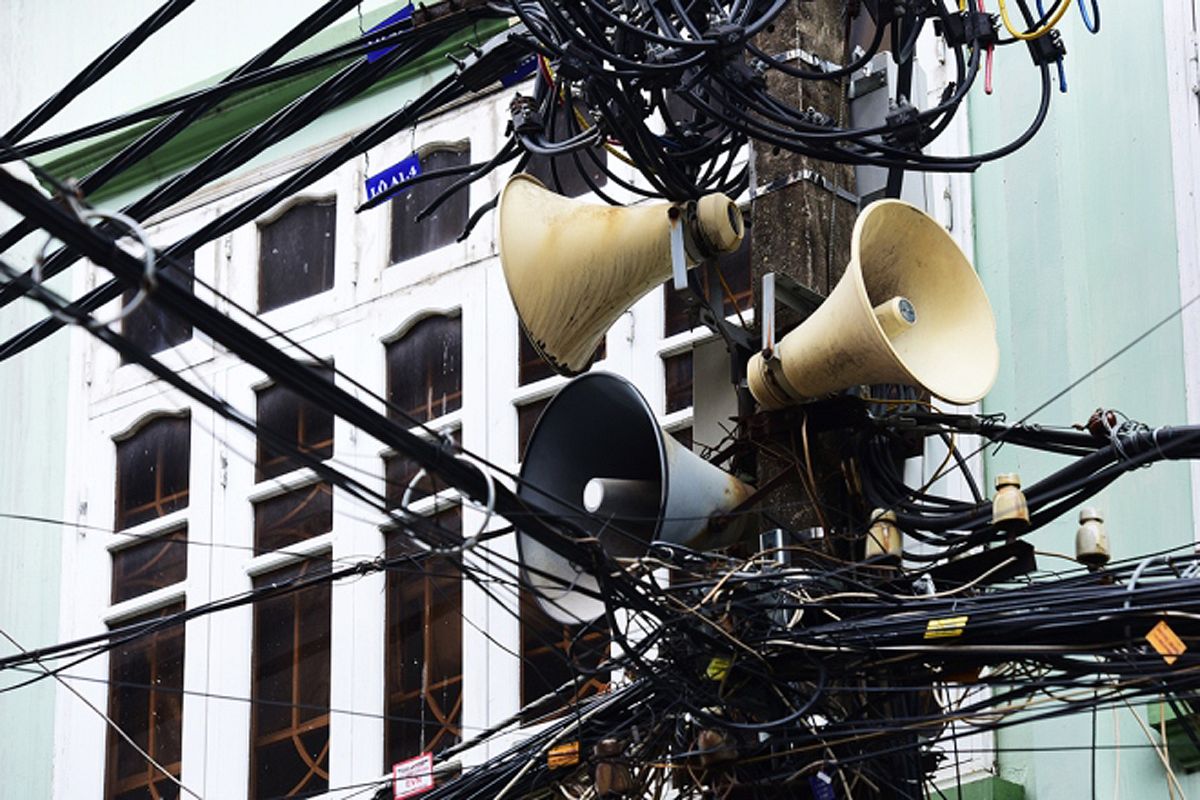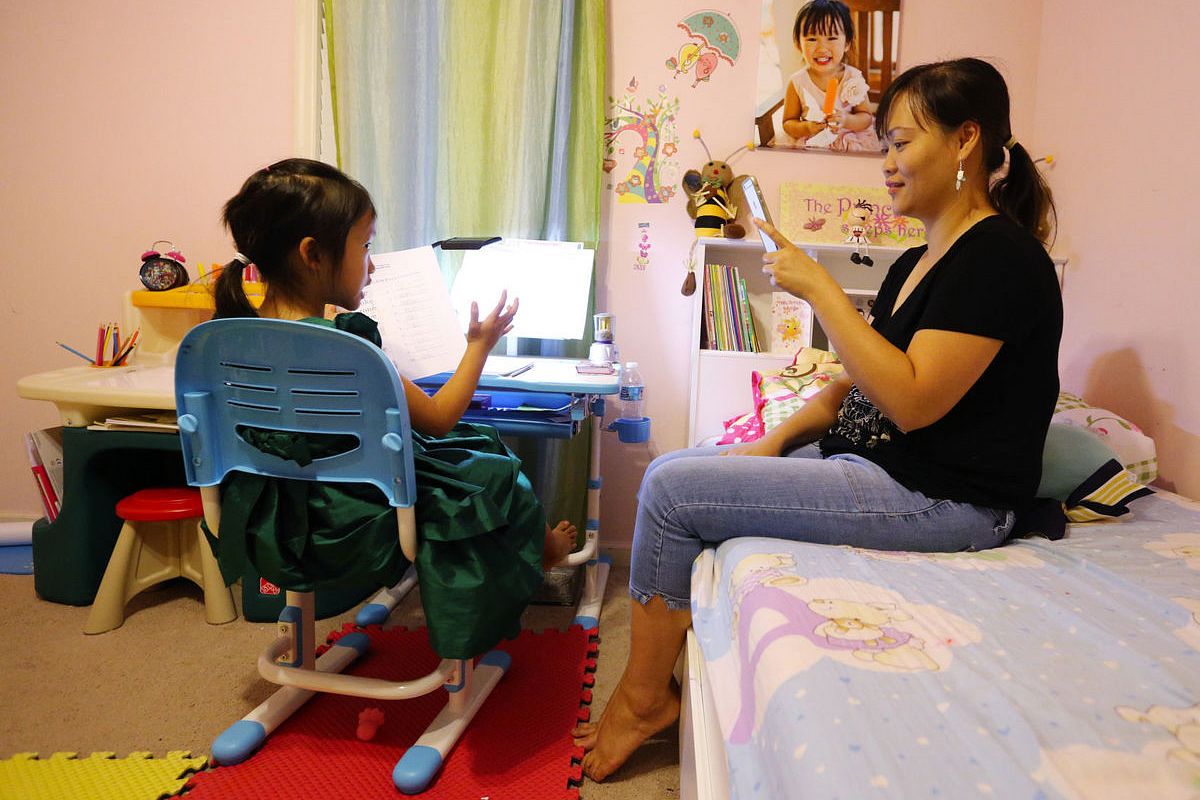In recent years, study abroad has become a popular option among young Vietnamese, however life in foreign countries isn’t necessarily all it's cracked up to be.
While Vietnamese students and their families spend an estimated US$3 billion a year on overseas education, some young students are earning meager wages to cover their living costs while abroad, reports Australia’s ABC.
Last year, the news outlet reached out to international students, who are legally permitted to work up to 20 hours per week in the country but often take on additional work in order to make ends meet. ABC began communicating with students in two Facebook groups, both catering specifically to young Vietnamese living, studying and working abroad in Australia. In two polls submitted to these social media groups, two-thirds of the 500-plus respondents claimed they had been underpaid while working in the country.
Currently, Australia’s minimum wage for 18- to 20-year-olds ranges from AU$12.09-17.29/hour (US$9.10-13), while the base pay for adults over age 21 comes in at AU$17.70 (US$13.33), according to the news outlet. However, for the country’s 500,000 international students, including 21,725 Vietnamese, the minimum wage can be much lower – around AU$8-12/hour (US$6-9) – as employers often exploit young foreign students who are unaware of their labor rights and fearful of speaking out.
Fair Work Ombudsman Natalie James told ABC that international students typically face four major obstacles when handling employment issues in Australia: youth, language barriers, loyalty to their employer and fear of losing their student visa.
When Darren, a Vietnamese student, first arrived in Australia, his confidence took a hit as he struggled to acclimate to a new country. The young man took a job waiting tables at a Vietnamese restaurant for AU$12/hour.
"I thought that when people speak Vietnamese with each other, they would treat me way better – but the opposite turned out to be true," he told ABC.
"When I speak Vietnamese they just abuse me because they think that I don't have the ability to talk English to communicate with others and tell my story."
Video via ABC News.
Another Vietnamese student, Vincent, had a similar experience. "[Employers] say 'you should be happy, because in your country think of how much you can earn, and now how much do we pay you'," he told the news outlet.
While such labor violations are common among small businesses hiring international students, many choose not to speak up because their actions may adversely affect the business.
"If I talked to the Fair Work Ombudsman – I know that they will help us, but if I tell them the business will get [fined]," Vincent said, according to ABC. "My restaurant has 18 people, it will change the life of the boss, the business will close. The first thing – the worker will lose the job. If I tell them, the whole Vietnamese community is affected, not only me."
Still, some students are beginning to speak out against such employment practices. Chi, another Vietnamese student living and working in Australia, is one such individual. She told ABC: "If [we] are allowed to work in Australia, then we should be treated fairly."
[Photo via ABC]














